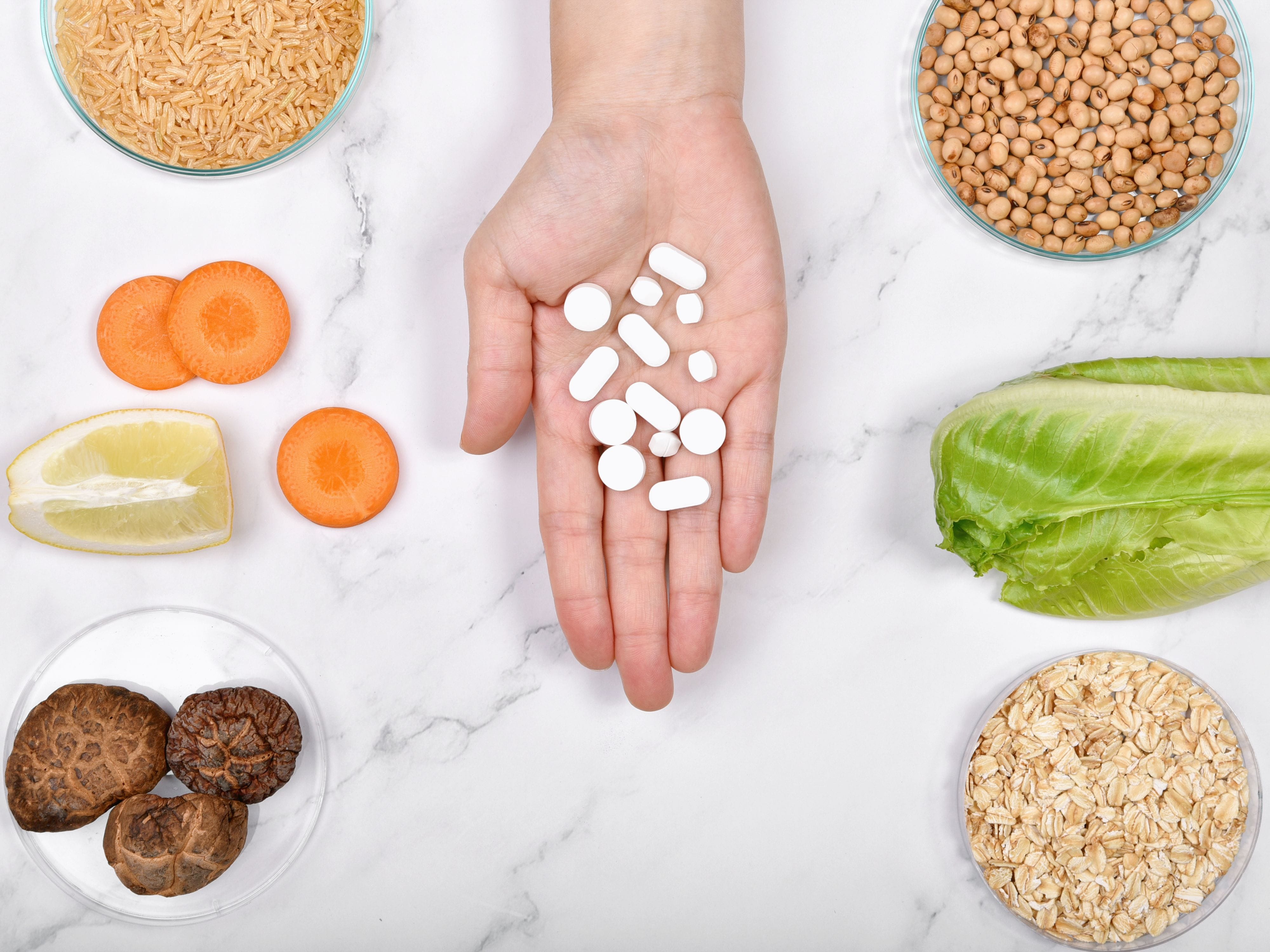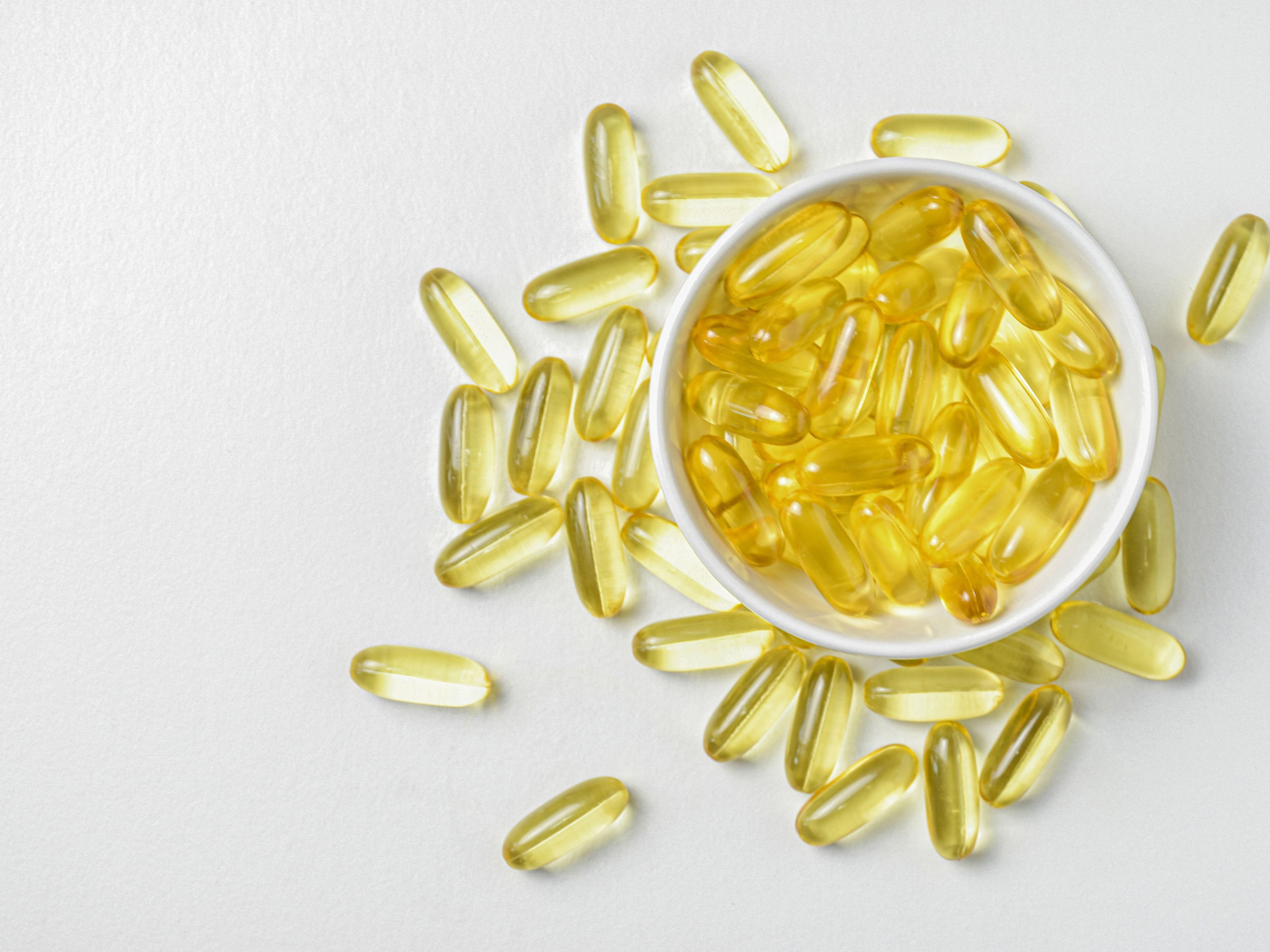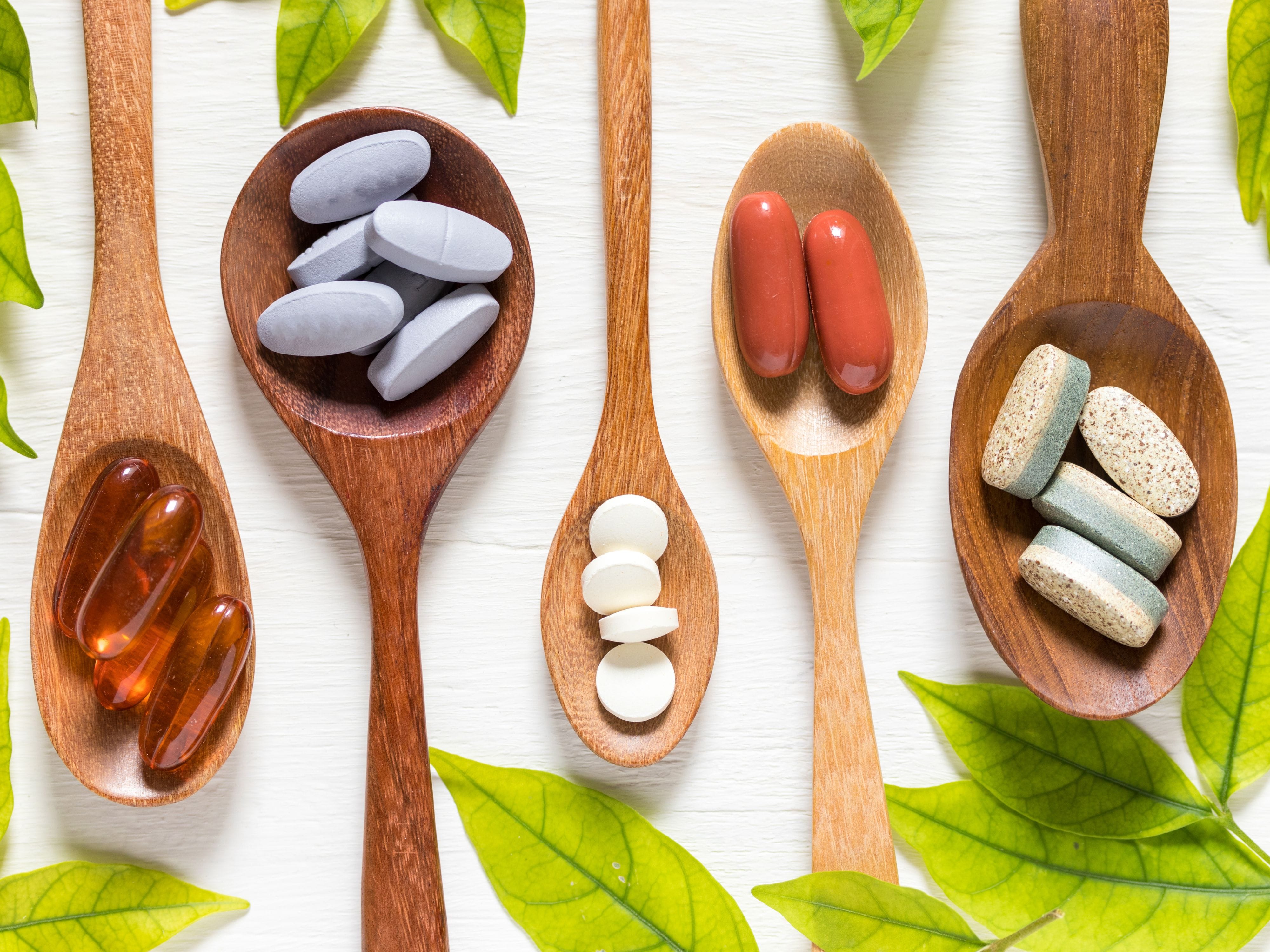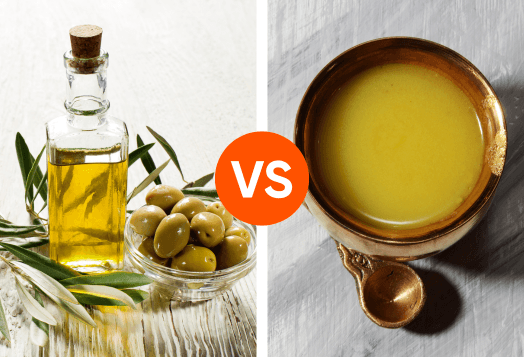
We live in a world where wellness trends pop up faster than you can say ‘superfood smoothie.’ Everywhere you look, supplements promise quick fixes—glowing skin, boundless energy, and an unstoppable body. Yet amid this wellness gold rush, we might be overlooking the most powerful health solution of all: the real, whole foods sitting right on our plates.
Supplements: A Shortcut or a Necessity?
Let's explore the supplement craze: What are they, and why do people love them?
What Exactly Are Supplements?
Dietary supplements are like health boosters in a bottle—vitamins, minerals, herbs, and other nutrients designed to “supplement” your diet. They’re available as tablets, powders, capsules, and even fun gummy versions. The concept is simple: if your body’s missing out on any nutrients, supplements can plug those gaps.
Why Are Supplements So Popular?
Easy Fix: It’s far simpler to pop a pill than to prepare a nutrient-dense meal every day.
Health Gaps: Some people have deficiencies or trouble absorbing certain nutrients.
Fitness Goals: Athletes use protein powders, creatine, and other supplements for performance.
Marketing Magic: Bold claims and celebrity endorsements can make supplements irresistible.
Whole Foods: Mother Nature’s Multivitamin
Whole, unprocessed foods are nature’s perfect nutrient packages, easily available for your every need.
Why Whole Foods Trump Supplements
They’re brimming with essential vitamins, minerals, antioxidants, and fibre—all foods to increase energy and your health. Here’s why real food wins every time:
1. Food Offers Nutrient Synergy
Nutrients in food don’t act alone; they team up for maximum benefits. For instance, calcium works best with vitamin D to support strong bones, and iron absorption increases when paired with vitamin C. Supplements can’t fully replicate this teamwork.
2. You Can’t Overdo It
With whole foods, your body absorbs what it needs naturally. On the other hand, taking too many supplements—especially fat-soluble vitamins like A, D, E, and K—can lead to toxicity.
3. Added Health Perks
Beyond vitamins and minerals, whole foods offer antioxidants, fibre, and healthy fats—components that supplements simply don’t provide. Plus, they’re packed with foods that gives us energy, helping you power through your day naturally.
The Superstars of Nutrition
These nutrient-packed foods to increase energy are the best way to keep your body thriving.
Vitamins and Minerals: Fruits, vegetables, nuts, seeds, grains, and lean proteins cover all the essentials. Examples:
Vitamin C: Citrus fruits, peppers, and broccoli.
Iron: Spinach, lentils, and lean meats.
Calcium: Dairy products, almonds, and leafy greens.
Fibre: Your digestive system’s best friend. Foods like oats, beans, and fruits keep you fuller for longer and support gut health.
Phytonutrients: These plant compounds (like flavonoids and carotenoids) fight inflammation and other foods that give us energy, reduce ageing, and help prevent chronic diseases. Supplements can’t quite match their natural magic.
When Supplements Become Your Plan B

There are a number of reasons why you would turn to supplements over natural food.
1. Nutrient Deficiencies: The Common Culprits
If your diet is lacking or your body struggles to absorb nutrients, supplements can step in. Some typical deficiencies include:
Vitamin D: If you’re not getting enough sunlight.
Iron: Common among vegans, vegetarians, and women with heavy periods.
Vitamin B12: Found mainly in animal products; vegans often need supplementation.
2. Medical Conditions That Interfere with Absorption
Some health conditions make it hard to absorb nutrients:
Anaemia: May require iron or B12.
Osteoporosis: Calcium and vitamin D support bone strength.
Digestive Disorders: Crohn’s or celiac disease can cause nutrient gaps.
3. Pregnancy and Breastfeeding
Your body needs extra folic acid, iron, and calcium during pregnancy to support the baby’s growth. Supplements are often a doctor-recommended safety net.
4. Fitness Fanatics
If you’re training intensely, supplements like protein powders, creatine, or electrolytes can give your body the support it needs for recovery and performance. Always consult a healthcare professional before starting supplements to avoid unnecessary risks.
The Dark Side of Supplements: Too Much of a Good Thing?
While supplements can be used instead of energy boosting foods, over-relying on them can lead to unintended consequences:
Toxicity: Overdosing certain vitamins can be harmful—especially fat-soluble ones that the body stores.
Misleading Shortcuts: Supplements can’t replace the wholesome benefits of a balanced diet.
Quality Issues: Not all supplements are created equal. Some may contain contaminants or fillers.
Medication Interactions: Supplements can interfere with prescription medicines, reducing their effectiveness.
Finding the Sweet Spot: Food First, Supplements Second

Supplements have their time and place, but they’re not a replacement for real food.
1. Make Food Your Foundation
The best approach? Prioritise a balanced, nutrient-dense diet. Fill your plate with these foods to increase energy naturally, fuel your body, and help you feel your best.
Colourful fruits and vegetables
Whole grains like oats, quinoa, and brown rice
Healthy fats (avocados, nuts, olive oil)
Lean proteins (fish, eggs, legumes)
2. Use Supplements Wisely
Supplements should complement your diet, not replace it. Look for foods that gives us energy first before reaching for any pills! Here’s how to do it smartly:
Check for Deficiencies: Get tested if you suspect you’re low on key nutrients.
Choose Quality: Look for third-party tested brands without unnecessary fillers.
Follow Doses: More isn’t always better—stick to the recommended amount.
3. Ask the Experts
Not sure what your body needs? A doctor or dietitian can help you tailor your nutrition and supplement plan for optimal results.
Whole foods remain the ultimate source of vitamins, minerals, and other nutrients your body craves. They nourish, energise, and protect you in ways that supplements simply can’t.
However, if your diet isn’t perfect (and let’s face it, whose is?), or you have specific needs, supplements can be a useful backup. The key lies in balance—start with wholesome, nutrient-packed energy boosting foods, and use supplements to fill any gaps.
Disclaimer: This information provided is intended for general informational purposes only. It is not a substitute for professional advice or guidance. For personalised recommendations or specific concerns, please consult a certified professional.




